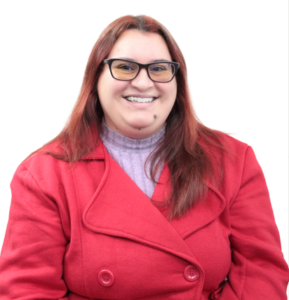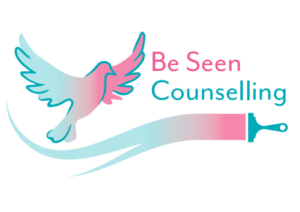In my February blog, we explored the concept of “Older Child Syndrome”, unpacking the unique challenges and traits often experienced by firstborns. This topic was part of a broader discussion in the blog “Navigating Strained Sibling Relationships: A Path to Healing and Harmony”, where we delved into how sibling dynamics can shape us well into adulthood. In that post, we focused on the role of the eldest child and how their early family experiences contribute to their adult behaviours and relationships.
Now, in this continuation, we’re going to dive deeper into the experiences of middle children and youngest children. Just as firstborns can carry certain traits into adulthood, middle and younger siblings often face their own sets of challenges and behaviours that stem from their roles within the family. Understanding these dynamics is key to personal growth and healthier relationships.
In adulthood, each sibling—whether older, middle, or younger—may carry certain difficulties shaped by their family roles. These dynamics can impact relationships, self-perception, and even mental health. Recognising when these challenges are creating problems is the first step toward change.

Older Child Syndrome is a set of traits and behaviours shaped by the responsibilities and expectations placed on firstborn children.
Common traits include:
While these traits can be beneficial, they can also create stress and challenges in adulthood, such as control issues, burnout, and strained relationships.
When to Know Something Isn’t Quite Right:
If these feelings start to interfere with your relationships, work-life balance, or mental health, it’s time to reflect on whether you’re taking on too much or putting impossible pressure on yourself.
Ways to Change in Adulthood:
Redefine Your Role: Allow your relationships to be based on equality rather than old family roles.
Let’s take a closer look at the specific difficulties middle and younger children might encounter in childhood, how these may affect them in adulthood, and ways to move forward.

As a middle child, you may have grown up feeling like you’re lost in the shuffle, constantly trying to find your place between the older sibling and the youngest. The middle child often feels the need to carve out their identity in the family dynamic, which can manifest as being more independent, rebellious, or seeking attention in different ways.
Challenges Faced by Middle Children:
How It Affects Them in Adulthood:
When to Know Something Isn’t Quite Right:
If you find yourself frequently compromising your needs or feeling unappreciated, it may be time to address whether your childhood experiences as the middle child are affecting your confidence or self-worth in adulthood.
Moving Forward as a Middle Child:
It’s important for middle children to focus on developing their own identity, separate from family dynamics. By recognising their value and self-worth, they can stop seeking validation from external sources. Building strong, balanced relationships based on mutual respect and trust is key to overcoming feelings of invisibility or being “less important.”

As the youngest sibling, you likely received more attention, protection, and often a sense of freedom compared to your older siblings. This dynamic comes with its own set of challenges and benefits.
Challenges Faced by the Youngest Child:
How It Affects Them in Adulthood:
When to Know Something Isn’t Quite Right:
If these patterns interfere with your ability to build healthy, balanced relationships or hinder your personal growth, it’s worth considering how your role as the youngest might still be impacting you.
Moving Forward as the Youngest Child:
For the youngest children, developing independence and self-reliance is crucial. It’s important to challenge the perception of needing constant support or attention from others. Focus on building confidence in your abilities and taking responsibility for your own choices. By fostering a sense of independence, youngest children can move past any feelings of inadequacy or dependence they may carry from childhood.
Regardless of your birth order, there are common signs that might indicate your childhood role is holding you back as an adult:
Recognising these challenges and how they tie to your family role can help you make meaningful changes. Therapy, self-reflection, and setting new boundaries can be powerful steps in moving past these dynamics.

Conclusion
In summary, birth order can deeply shape our personalities and behaviours, but it doesn’t have to define us. Whether you’re the eldest, middle, or youngest child, understanding how these dynamics affect you is the first step to creating a balanced and fulfilling adult life. Each position has its own strengths and challenges, and with self-awareness and intentional growth, you can overcome any limitations and embrace the positive traits that come with your role.

Hi there, my name is Carina,
I support survivors of domestic violence / Intimate partner violence, to understand and process the emotional and psychological symptoms so that you live your life feeling safe in your own skin, gain peace and joy in everyday moments and trust yourself and others again.
Camberwell
Southwark
London SE5 7HN

©BeSeenCounselling2025
©2025
Be Seen Counselling